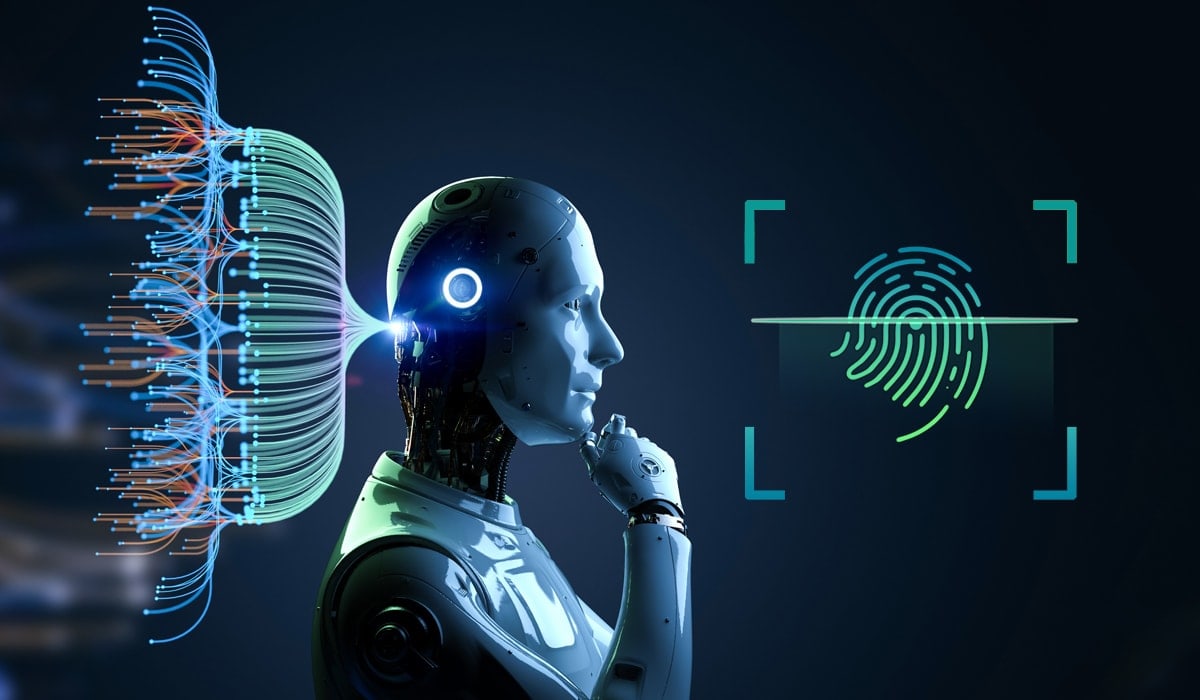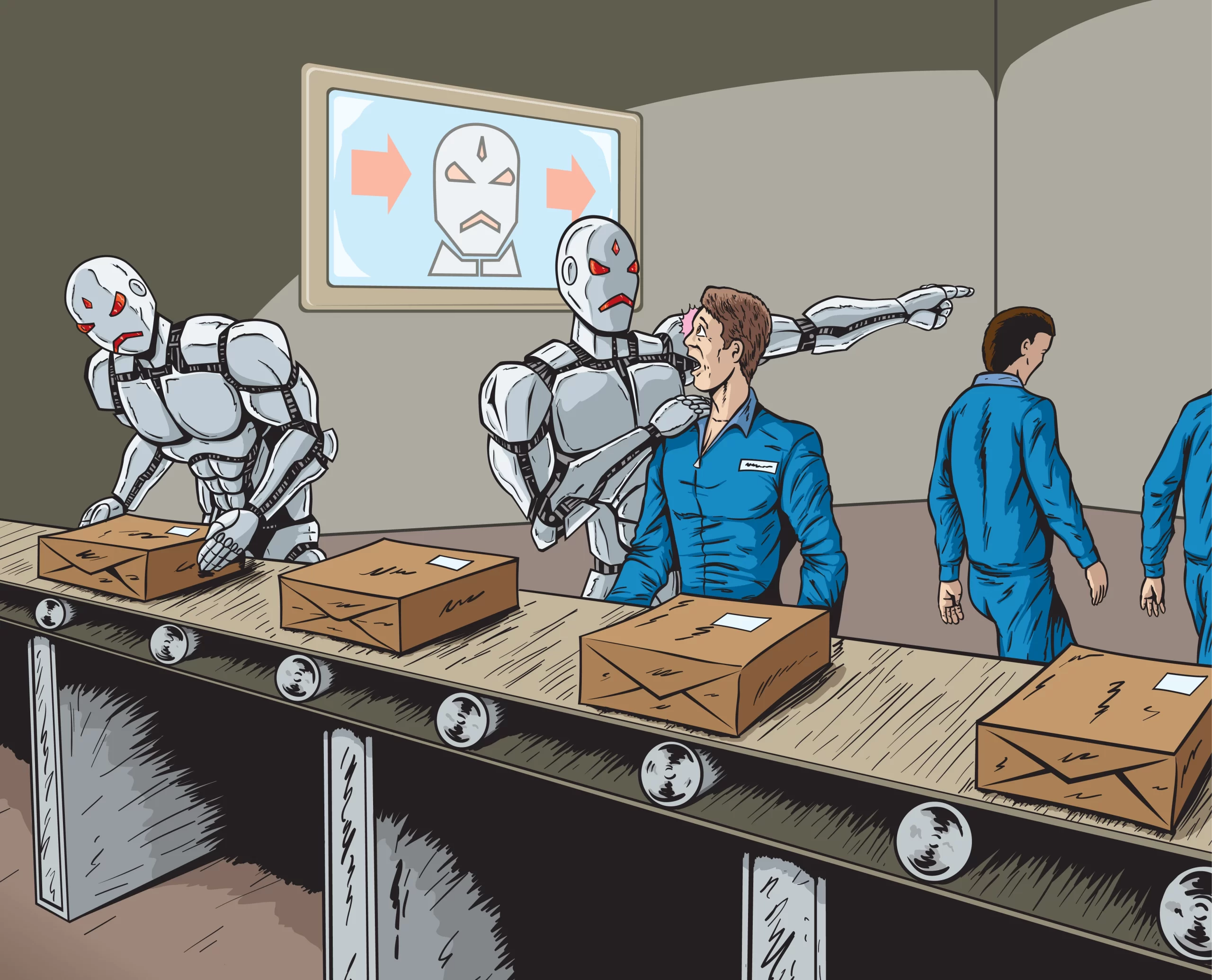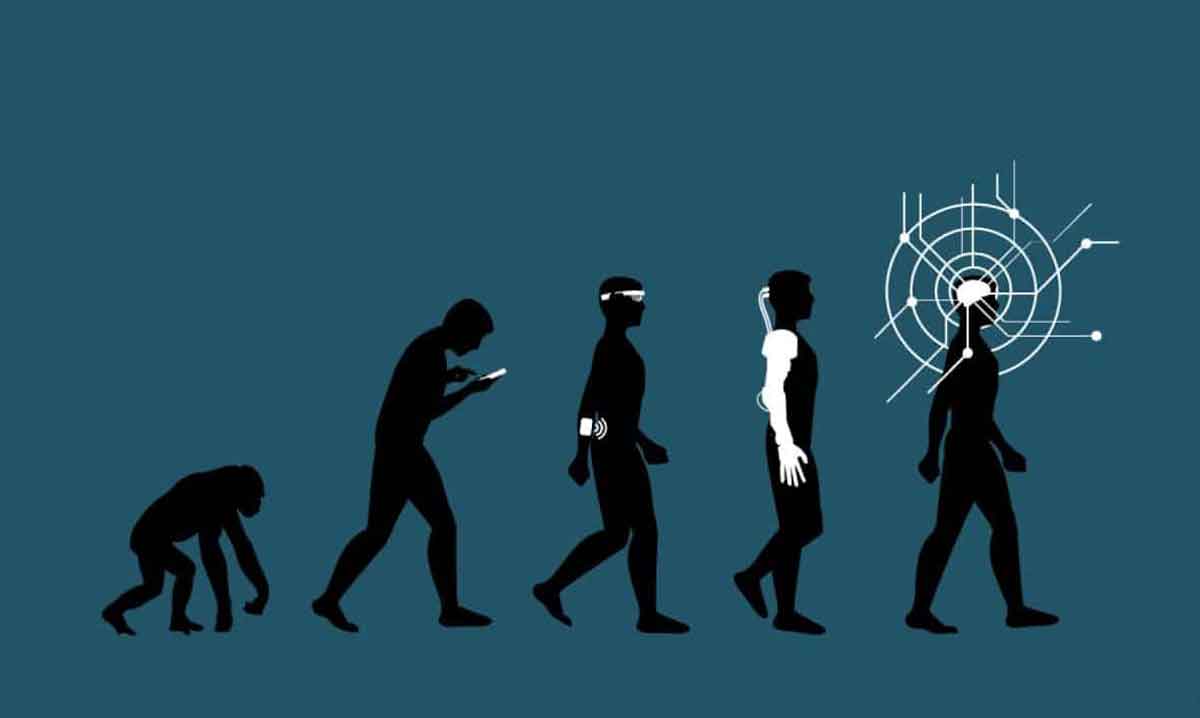What was once only an imagination out of a science fiction film, has become the new reality. A world of artificial intelligence (AI) is one where robotic supercomputers control elements of our lives, develop solutions to the most taxing hurdles, and expand our grasp like never before. AI is one of the most incredible tools we have developed as humans in the modern world. Artificial Intelligence has the power to propel mankind far beyond where we stand today. AI can be described as technology that enables computers and machines to emulate human intelligence and problem solving skills. The infinite number of skills an AI unit can learn allows the systems to evolve as the users' needs change and society demands change. The technologies greatest strength, its adaptability also renders its users with its greatest weakness, privacy. For the software to improve as time progresses the hardware must learn its users every move and predict what it will need in the future. This computational ability is unlike anything we have been able to create in the past but what disturbs the most people in the present. When artificial intelligence enters your technological ecosystem, the user has approved access for the program to dive into every element that gives each person their identity. This is often an unknown side effect of the mundane "accept the terms and conditions" boxes that we all select everyday. This data is not only complied to improve the capabilities of the program but also to create sellable data for other corporations to use in targeted advertisement campaigns.
Copying the actions of mankind means artificial intelligence can cause real danger, only relative to that of another human. As AI can digest large sums of data at astonishing speeds, the software has become a grave national security threat for U.S. and nations alike. The programs powered by AI are able to study data and outcomes expectancies at speeds unattainable by their human counterparts. This allows for complex informed decision making and precise intelligence gathering all at the same time. The U.S. fears this type of modern warfare could deem current systems useless in an AI attack where the opponent is creating plans on the fly, as situations evolve. In an everyday outlook, the use of AI data scraping is immensely dangerous for the companies we trust with our personal data. The use of AI for malicious cyber acts has skyrocketed in the last several years, making cyber attacks like that of LinkedIn possible. While AI is posing a danger on the global front, it is quite literally stealing the lives of people around the globe. This statement is twofold as the software is causing the removal of humans from their jobs. These individuals are being replaced with much more cost effective robotic or algorithmic units. It was described that AI is robbing the women in America of their jobs. This is due to the large portion of women holding less sophisticated occupations that are easily automated. While the companies are saving on their bottom line, women are struggling to put food on the table for their families. In instances where the artificial intelligence does steal the jobs of the individual, the software is known to seal the identities of users. This has been seen around the globe. Since AI knows so much about its users already, hackers have a relatively easy route into their lives. This allows cyber terrorists to manipulate the data into new people with the existing users' credentials, social security numbers, and all other personal identifiable information. As the world advances, artificial intelligence has carved out a unique area in society where it will continue to develop. Its development will without a doubt expand human capabilities but will have drawbacks in terms of privacy and everyday encroachment on personal autonomy. The informed knowledge we can gather today will help shape the AI landscape for our future. The quicker we can understand the best ways to control artificial intelligence, the more likely we are to create a space where it can be used as we desire.







No comments:
Post a Comment